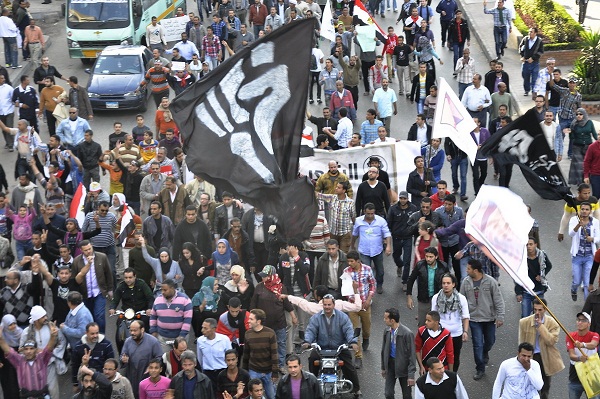The dialogue on MENA regional development opportunities in light of US and multilateral support programmes continued in the second day of the AmCham MENA regional annual conference that started Sunday.
The day was marked by the participation of notable figures, the president of AmCham Bahrain, the vice president of AmCham Egypt, representatives of USAID, the US department of commerce, the US department of agriculture and the American ambassadors to Egypt, Lebanon and Morocco, the attendees discussed the opportunities and challenges faced by the Egyptian economy.
The chairman of Citadel Capital Ahmed Heikal said: “We live in the middle of an energy induced balance of payment crisis, all the challenges the Egyptian economy is facing pass by the energy sector.”
According to Heikal the most important of these challenges is the severe energy shortage, he said that rationalisation could be achieved through proper pricing. “We have been mispricing energy for a long time” he commented.
The second challenge mentioned by Heikal is the very high unemployment rate especially among the youth, and the high inflationary environment.
Heikal emphasised the need to establish multiple safety nets to enable the least fortunate to meet their basic needs: “All of us will become poorer, yet some are less fortunate and it is those we will have to shield.”
“Decision makers don’t want to make decisions” said Heikal, emphasising that government officials must be given the authority to make decisions unless it’s proven beyond doubt that they have benefited from these decisions.
Heikal also spoke of the challenges facing the large projects: “Local banks finance the budget deficit and the government bureaucracy is hesitating and less likely to take decisions.”
Tarek Elrefaie, senior executive officer and head of global client management for the Middle East at BNY Mellon highlighted one of the challenges: “Egypt’s rating was downgraded 5 times in the last 2 years.”
On the other hand Elrefaie mentioned some opportunities: “The existence of a real and liquid bond markets both conventional and Shari’a compatible is essential to the financial stability, the development and the economic diversification of the Arab region.”
Elrefaie added that the establishment of Islamic bonds (Sukuk) is a challenge because each project requires a special board to guarantee that the activities are Shari’a compatible with degrees of flexibility that differ from one country to another: “What is suitable in Malaysia can be unacceptable elsewhere.”
Hartwig Schafer Egypt country director at the World Bank said the Middle East and North Africa region is crucial, and that the bank’s involvement in the region amounted to $5 billion in 2012.
The strategy of the World Bank in the region according to Schafer consists of strengthening governance, creating jobs especially for women and youth, accelerating sustainable growth and ensuring economic and social inclusion.
Schafer added that 700,000 jobs must be created in Egypt annually to stop an unemployment increase, and that these jobs will be created mainly by the private sector, he also mentioned that political instability and corruption are major obstacles for business.



